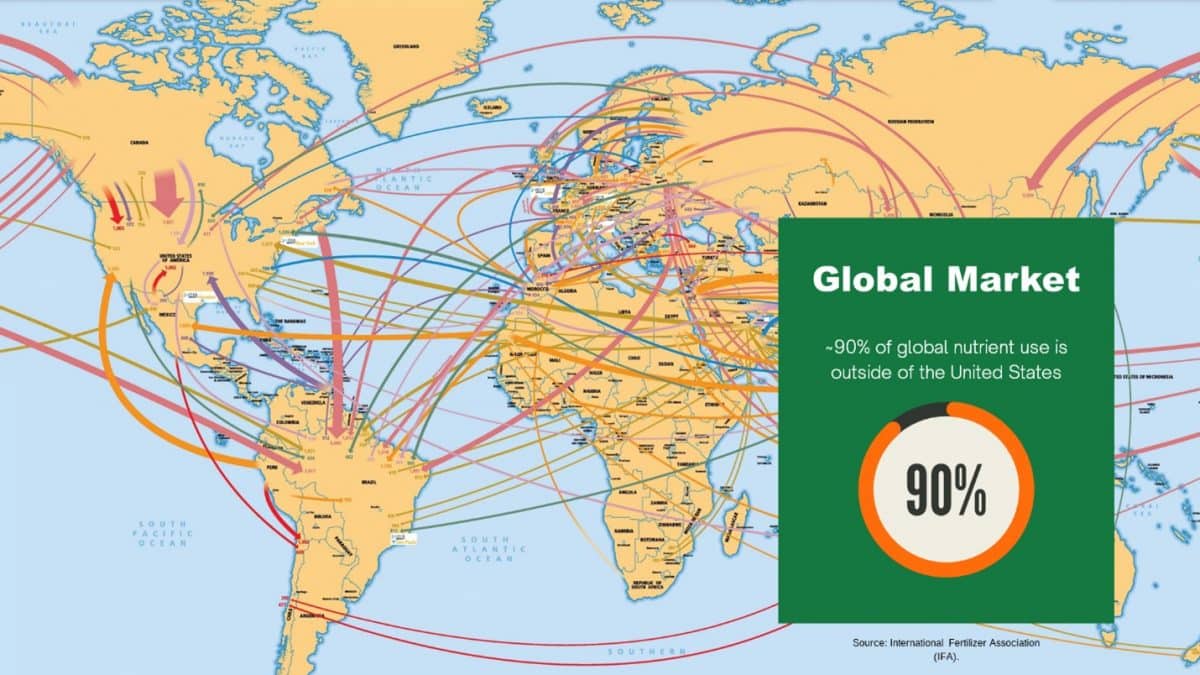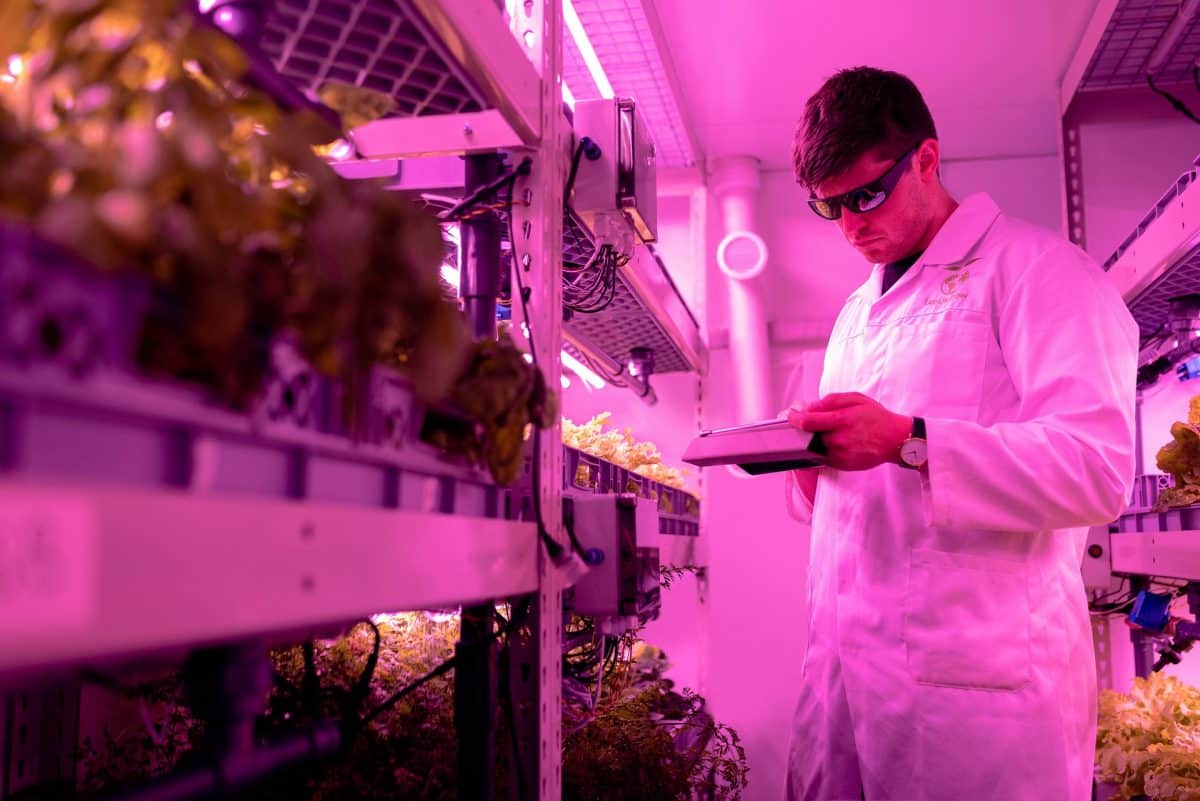The Fertilizer Institute Calls for More Customer Focus from Rail Industry

Arlington, VA – The Fertilizer Institute (TFI) today provided testimony to the Surface Transportation Board (STB) emphasizing the ongoing need for the freight rail industry to shift its focus toward customer service and growth. The fertilizer industry has long relied on rail service for the efficient and safe transport of its products but has struggled with declining service quality, increasing rates, and a lack of attention to customer needs.
“The fertilizer industry is heavily reliant on rail and cannot afford to see continued stagnation in freight rail service,” said TFI vice president of government affairs Ryan Bowley. “Unfortunately, we’ve seen freight volumes plateau, services decline, and rates skyrocket.”
TFI’s testimony comes at a pivotal time for the Class I railroads that make up the backbone of the nation’s freight rail system. The STB’s inquiry into the rail industry’s growth potential highlights a disturbing trend: freight rail carloads have been in decline since 2008, while trucking and other transportation sectors have consistently expanded their capacity.
Bowley also pointed to data showing that while rail employment has dropped and carloads have declined, rail rates have surged. Between 2005 and 2017, rates for transporting critical farm inputs like anhydrous ammonia increased by over 200%. Such price hikes, combined with inconsistent service, have made it difficult for fertilizer companies to meet the just-in-time delivery demands of farmers across the country.
“These rising costs and service failures are particularly troubling for industries like ours, which depend on rail to move bulk products safely,” Bowley continued. “Our members regularly face delays, held shipments, and escalating rates, often without any recourse. It’s clear that a new approach is needed.”
In its testimony, TFI highlighted the need for the rail industry to pivot toward a customer-focused, growth-driven model that balances profitability with service quality. The industry’s adoption of “Precision-Scheduled Railroading” (PSR) led to deep cuts in staff and equipment, further exacerbating service issues.
TFI’s testimony also praised recent moves by the STB to increase oversight of rail service and pricing, including the implementation of faster emergency service orders while stressing the importance of additional reforms such as expanding access to reciprocal switching, a policy that would allow shippers to switch between competing rail carriers more easily.
“The rail industry should be actively competing for freight, not relying on captive customers to drive revenue,” Bowley concluded. “We need a system where railroads aren’t just collecting more revenue from a shrinking base but are growing their business by serving more customers with better service.”
TFI’s testimony can be read in full here.
###
The Fertilizer Institute (TFI) is the leading voice of the nation’s fertilizer industry. Tracing its roots back to 1883, TFI’s membership includes fertilizer producers, wholesalers, retailers and trading firms. TFI’s full-time staff, based in Washington, D.C., serves its members through legislative, educational, technical, economic information and public communication programs. Find more information about TFI online at TFI.org and follow us on Twitter at @Fertilizer_Inst. Learn more about TFI’s nutrient stewardship initiatives at nutrientstewardship.org and on Twitter at @4rnutrients.







